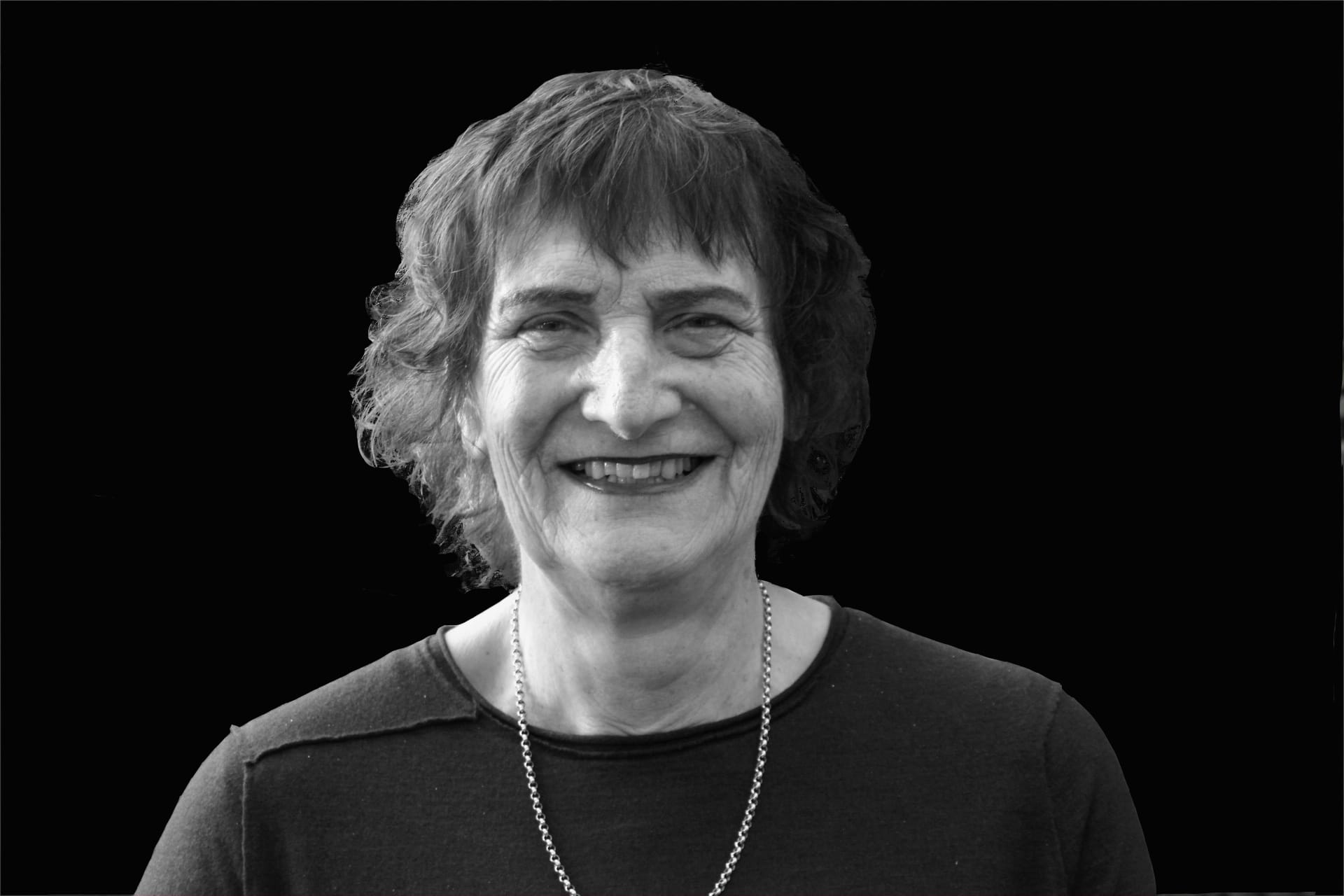
Ethics Explainer: Gender
ExplainerPolitics + Human RightsRelationships
BY The Ethics Centre 10 AUG 2022
Gender is a complex social concept that broadly refers to characteristics, like roles, behaviours and norms, associated with masculinity and femininity.
Historically, gender in Western cultures has been a simple thing to define because it was seen as an extension of biological sex: ‘women’ were human females and ‘men’ were human males, where female and male were understood as biological categories.
This was due to a view that espouses the idea that biology (i.e., sex) predetermines or limits a host of social, psychological and behavioural traits that are inherently different between men and women, a view often referred to as biological determinism. This is where we get stereotypes like “men are rational and unemotional” and “women are passive and caring”.
While most people reject biologically deterministic views today, most still don’t distinguish between sex and gender. However, the conversation is slowly beginning to shift as a result of decades of feminist literature.
Additionally, it’s worth noting that outside of Western traditions, gender has been a much more fluid and complex concept for thousands of years. Hundreds of traditional cultures around the world have conceptions of gender that extend beyond the binary of men and women.
Feminist Gender Theory
Feminism has had a long history of challenging assumptions about gender, especially since the late twentieth century. Alongside some psychologists at the time, feminists began differentiating between sex and gender to argue that many of the differences between men and women that people took to be intrinsic were really the result of social and cultural conditioning.
Prior to this, sex and gender were thought be essentially the same thing. This encouraged people to confer biological differences onto social and cultural expectations. Feminists argue that this is a self-fulfilling misconception that produces oppression in many different ways; for example, socially and culturally limiting attitudes that prevent women from engaging in “masculine” activities and vice versa.
Really, they say, gender is social and sex is biological. Philosopher Simone de Beauvoir famously said: “One is not born, but rather becomes, a woman”.
Gender being social means that it’s a concept that is constructed and shaped by our perceptions of masculinity and femininity, and that it can vary between societies and cultures. Sex being biological means that it’s scientifically observable (though the idea of binary sex is also being questioned given there are over 100 million intersex people all over the world).
Philosophers like Simone de Beauvoir argued that gendered assumptions and expectations were so deeply engrained in our lives that they began to appear biologically predetermined, which gave credence to the idea of women being subservient because they were biologically so.
“Social discrimination produces in women moral and intellectual effects so profound that they appear to be caused by nature.”
Gender and Identity
Gender being socially constructed means that it is mutable. With this increasingly mainstream understanding, people with more diverse gender identities than simply that which they were assigned at birth (cisgender) have been able to identify themselves in ways that more closely reflect their experiences and expressions.
For example, some people identify with a different gender than what they were assigned at birth based on their sex (transgender); some people don’t identify as either man or woman, and instead feel that they are somewhere in between, or that the binary conception of gender doesn’t fit their experience and identity at all (non-binary). In many non-western cultures, gender has never been a binary concept.
Unfortunately, with the inherently identity-based nature of gender, a host of ethical issues arise mostly in the form of discrimination.
Transgender people, for example, are often the target of discrimination. This can be in areas as simple as what bathrooms they use to more complicated areas like participation in elite sports. Notably, these examples of discrimination are almost always targeted at transfeminine people (those who identify as women after being assigned men at birth).
Additionally, there are ethical considerations that have to be taken into account when young people, particularly minors, make decisions about affirming their gender. Currently, it’s standard medical practice for people under 18 to be barred from making decisions about permanent medical procedures, though this still allows them to (with professional, medical guidance) take puberty blockers that help to mitigate extra dysphoria linked to undergoing puberty in a gender the person doesn’t identify with.
Gender stereotypes in general also have negatives effects on all genders. Genderqueer people are often the targets of violence and discrimination. Women have historically been and are still oppressed in many ways because of systemic gender biases, like being discouraged to work in certain fields, being paid less for similar work or being harassed in various areas of their lives. Men also face harmful effects of rigid gender norms that often result in risk-taking behaviour, internalisation of mental health struggles, and encouraging violent or anti-social behaviour.
The Future of Gender
This has been an overview of the most common views on gender. However, there are also many variations on the traditional feminist view that other feminists argue are more accurate depictions of reality.
bell hooks was known to criticise some variations of gender that revolved around sexuality because they did not properly account for the way that class, race and socio-economic status changed the way that a woman was viewed and expected to behave. For example, many views of gender are from the perspective of white, western women and so fail to represent women in more marginalised circumstances.
Along similar lines, Judith Butler criticises the very idea of grouping people into genders, arguing that it is and will always be inherently normative and hence exclusionary. For Butler, gender is not simply about identity, it’s primarily about equality and justice.
Even some earlier gender theorists like Gayle Rubin argue for the eventual abolishment of gender from society, in which people are free to express themselves in whatever individual way they desire, free from any norms or expectations based on their biology and subsequent socialisation.
“The dream I find most compelling is one of an androgynous and genderless (though not sexless) society, in which one’s sexual anatomy is irrelevant to who one is, what one does, and with whom one makes love.”
Gender is currently a very active research and debate area, not only in philosophy, but also in sociology, politics and LGBTQI+ education. While theories about identity often result in conflict due to its inherently personal nature, it’s promising to see such a clear area where work by philosophers has significantly influenced public discourse with profound effects on many people’s lives.
For a deeper dive on gender, Alok Vaid-Menon presents Beyond the Gender Binary as part of Festival of Dangerous Ideas 2022. Tickets on sale now.
Ethics in your inbox.
Get the latest inspiration, intelligence, events & more.
By signing up you agree to our privacy policy
You might be interested in…
Big thinker
Politics + Human Rights
Big Thinker: John Locke
Opinion + Analysis
Relationships
Is masculinity fragile? On the whole, no. But things do change.
Opinion + Analysis
Society + Culture, Relationships
Whose fantasy is it? Diversity, The Little Mermaid and beyond
Opinion + Analysis
Business + Leadership, Politics + Human Rights




